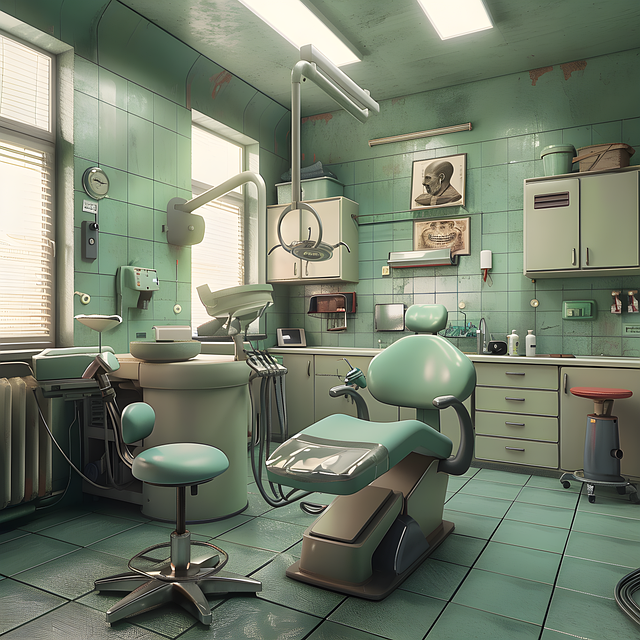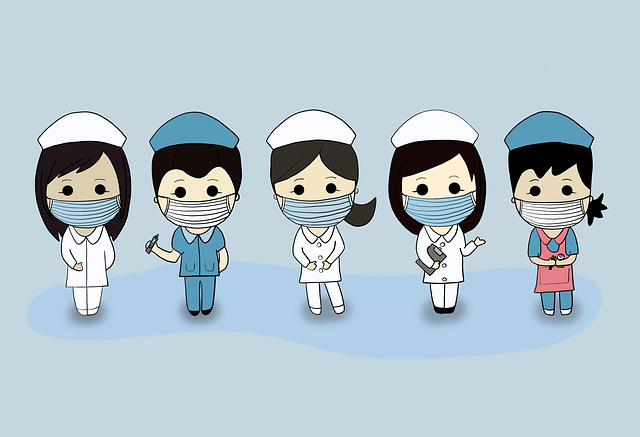Facial warts, caused by HPV, impact self-esteem. Dermatology wart removal clinics offer tailored treatments, from surgical excision to non-invasive methods. Post-removal care includes cleaning, avoiding irritants, and regular check-ups to prevent recurrence. Choosing a clinic like Manchester Wart Clinic ensures expert care and minimal scarring.
Do you have warts on your face? While they may be unsightly, there are effective ways to get them removed. This comprehensive guide explores everything you need to know about dermatology wart removal clinics. From understanding the causes and types of facial warts to exploring common treatment options, surgical versus non-surgical approaches, and post-removal care tips, this article is your go-to resource for achieving a clear complexion.
- Understanding Warts on the Face: Causes and Types
- Dermatology Expertise: Professional Wart Removal
- Common Treatment Options for Facial Warts
- Surgical vs. Non-Surgical Approaches Explained
- Post-Removal Care: Preventing Future Outbreaks
Understanding Warts on the Face: Causes and Types

Warts on the face can be a source of concern for many individuals due to their appearance and potential impact on self-esteem. Understanding these growths is the first step towards effective removal. Caused by the human papillomavirus (HPV), warts are common skin infections that can appear anywhere on the body, including the face. They vary in size, shape, and type, with some being flat and others raised, and they can be solitary or develop into clusters.
Amongst the different types of facial warts, the most typical are common warts, also known as verrucae, which often appear rough and fleshy. Genital warts, though less common on the face, are a distinct type that requires special attention due to their potential association with sexual transmission. Certain factors, such as weakened immune systems or skin-to-skin contact, can contribute to wart development. For those seeking professional help, consulting a dermatology wart removal clinic, like the Essex Southend-on-Sea wart clinic or Blackburn wart clinic, is advisable for effective treatment, especially during pregnancy when specific considerations are necessary to ensure safety.
Dermatology Expertise: Professional Wart Removal

When it comes to removing warts from the face, consulting a dermatology expert is crucial. Dermatology wart removal clinics specialize in providing effective wart treatment options tailored to sensitive facial skin. These professionals have the specialized knowledge and tools to safely and efficiently eliminate warts, ensuring minimal discomfort and optimal results.
Whether you’re seeking private wart removal Canterbury or looking for skilled practitioners in Bolton, experienced dermatologists offer a range of advanced procedures. From topical treatments to more invasive techniques, they guide patients through the best options based on wart size, type, and location. Their expertise ensures that even hard-to-treat warts receive proper care, leaving your face clear and healthy.
Common Treatment Options for Facial Warts

Facial warts can be unsightly and uncomfortable, but several common treatment options are available at reputable dermatology wart removal clinics. The choice of treatment depends on various factors, including the size, type, and number of warts, as well as individual preferences and medical history. Some popular methods include cryotherapy, where liquid nitrogen is used to freeze and destroy warts, and topical medications that can be applied at home or in-clinic under professional supervision.
For expectant mothers seeking wart removal during pregnancy, it’s crucial to consult a healthcare professional who can recommend safe and effective options. Private wart removal Liverpool and other specialized clinics offer discreet and personalized treatments using advanced techniques like laser therapy or surgical excision. These methods ensure minimal scarring and faster recovery while maintaining hygiene and comfort.
Surgical vs. Non-Surgical Approaches Explained

When considering how to get warts removed from face, understanding the options available is key. There are two primary approaches: surgical and non-surgical methods. Surgical removal involves a dermatologist performing an in-office procedure, often with local anaesthesia, where the wart is physically excised or burned off. This approach offers permanent results but may leave scars.
Non-surgical methods, on the other hand, include treatments like cryotherapy (freezing the wart), topical medications, and laser procedures. These are typically less invasive and have a lower risk of scarring. While non-surgical options might be preferred for their minimal downtime, they often require multiple sessions over several weeks to achieve the same level of effectiveness as surgical removal, with results varying based on individual skin types and wart severity. Choosing between these approaches should involve consultation with a dermatology wart removal clinic, such as those in Cheltenham, Blackburn, or Canterbury, to determine the best course of action for your specific case.
Post-Removal Care: Preventing Future Outbreaks

After successful dermatology wart removal at a clinic like Manchester Wart Clinic, proper post-removal care is crucial to prevent future outbreaks. It’s important to follow your dermatologist’s specific instructions regarding cleaning and bandaging the treated area to ensure optimal healing. This usually involves gentle cleansing with water and mild soap, avoiding harsh chemicals or irritants that could delay recovery.
To further reduce the risk of reoccurrence, consider these preventive measures: avoid touching or scratching the treated area; keep it clean and dry; wear loose-fitting clothing to prevent irritation; and refrain from sharing personal items like towels or razors with others. Additionally, be mindful of ingredients you apply topically—avoid known irritants or allergens as per your dermatologist’s advice. Regular check-ups with a wart removal clinic can also help catch any new warts early, preventing them from spreading or becoming more severe.
When dealing with warts on the face, seeking expert advice from a dermatology wart removal clinic is essential. With various treatment options available, from surgical to non-surgical approaches, you can effectively remove these unsightly growths and prevent future outbreaks. By understanding the causes and types of facial warts and following proper post-removal care guidelines, you can achieve clear, healthy skin. Visit a reputable dermatology clinic to discuss the best course of action tailored to your specific needs.
